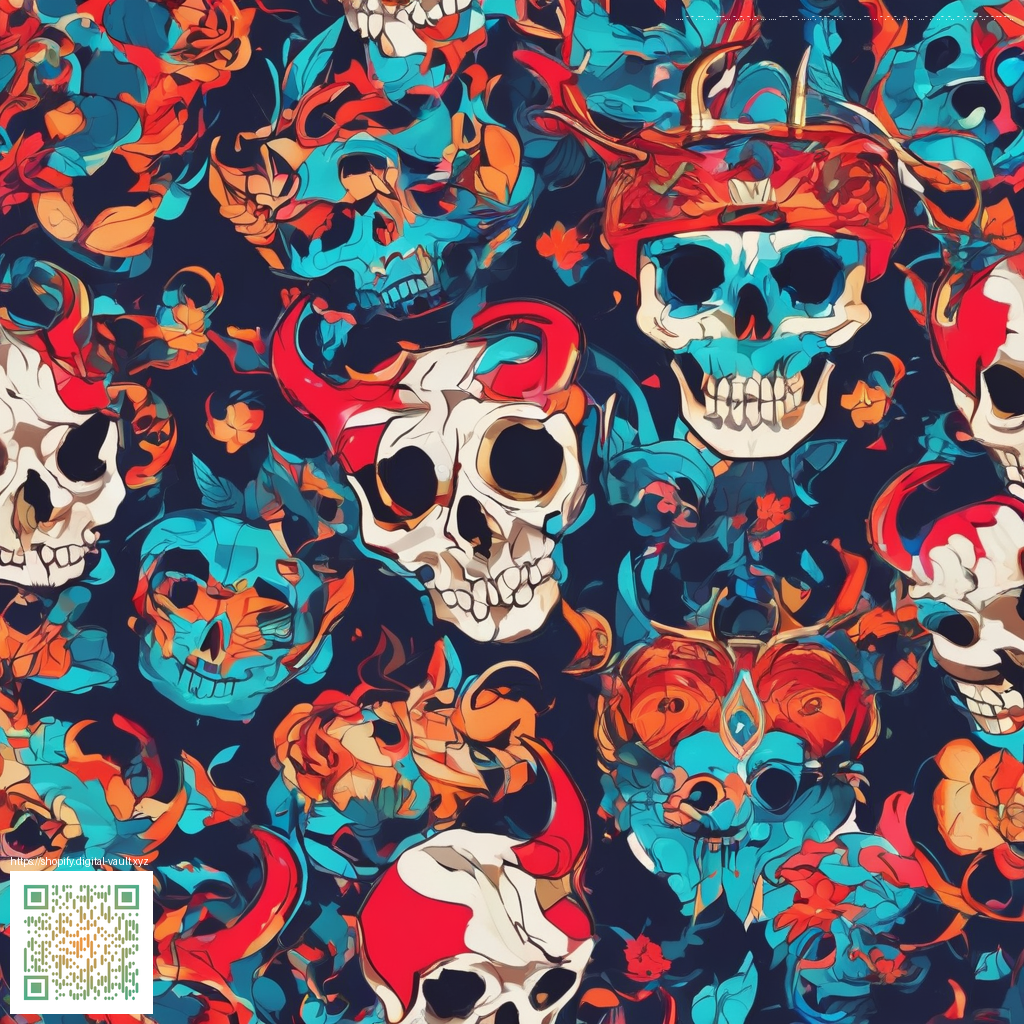Guilds and DAOs in Solana Gaming
Across the Solana ecosystem, players are increasingly moving from passive participants to active stewards of their favorite titles. The emergence of guilds—organized communities built around play, culture, and shared goals—paired with DAOs (decentralized autonomous organizations) is reshaping how decisions are made, how resources are allocated, and how communities mature over time. This shift is not about a single update to a game; it’s a rethinking of governance as an ongoing, transparent collaboration between developers and players.
Solana’s combination of high throughput and low fees creates an ideal environment for on-chain governance. In this setup, proposals for events, balance adjustments, and treasury distributions can be discussed in public forums, voted on by members, and executed with auditable on-chain records. The result is a more resilient ecosystem where communities have both a voice and a path to action, aligning incentives for long-term success rather than short-term thrills.
“When players have meaningful governance rights, games evolve into living economies where feedback loops are immediate and incentives align with shared outcomes.”
What do guilds and DAOs actually do?
Guilds function as organized, welcoming hubs that recruit talent, coordinate team efforts, and provide mentorship and strategy. They often serve as the first line of support for players seeking to grow their skills, access exclusive events, and contribute to collaborative projects. On the other hand, DAOs formalize these communities into decision-making bodies that manage a shared treasury, propose changes to game systems, and elect representatives to oversee governance tasks. This division of labor combines the energy of community leadership with the discipline of transparent administration.
- On-chain voting enables members to approve or reject proposals about tournaments, in-game events, and resource allocation.
- Treasury management creates transparent funding streams for competitions, outreach, and developer grants.
- Role-based permissions define who can submit proposals, who can vote, and who can execute approved actions.
- Reputation and token-based incentives provide pathways to leadership through consistent participation and valuable contributions.
For a practical lens on governance storytelling, some communities explore narrative frames on platforms that blend fiction with governance experimentation, such as this story hub. It’s a reminder that governance design isn’t just about numbers; it’s about building a culture where people feel heard and accountable.
Governance in practice: rules, processes, and culture
Effective on-chain governance rests on clear rules, transparent processes, and a healthy governance culture. Proposals should come with well-defined scope, expected outcomes, and measurable milestones. A predictable cadence—public discussions, documented proposals, and timely votes—helps reduce ambiguity and builds trust across the community.
- Proposal lifecycle: ideas are drafted, discussed, amended, and then put to a vote.
- Treasury discipline: funds are allocated to projects with transparent milestones and reporting requirements.
- Conflict resolution: governance rules include mechanisms to address stalemates and ensure fair representation.
- Community rituals: recurring events and recognitions reinforce ongoing participation and contribution.
For developers, embracing guild governance can flatten bottlenecks and accelerate iteration. For players, it injects ownership into the gameplay loop, turning achievements into shared stewardship. The tooling that underpins these systems—voting modules, dashboards, and proposal trackers—translates ambition into actionable governance.
As you explore these ideas, you’ll notice how practical gear and thoughtful design matter in both digital and physical spaces. For gamers traveling to events or meetups, having reliable hardware protection is essential. Consider a rugged option like this Case Mate Tough Phone Case to keep devices safe in busy venues and varying conditions.
